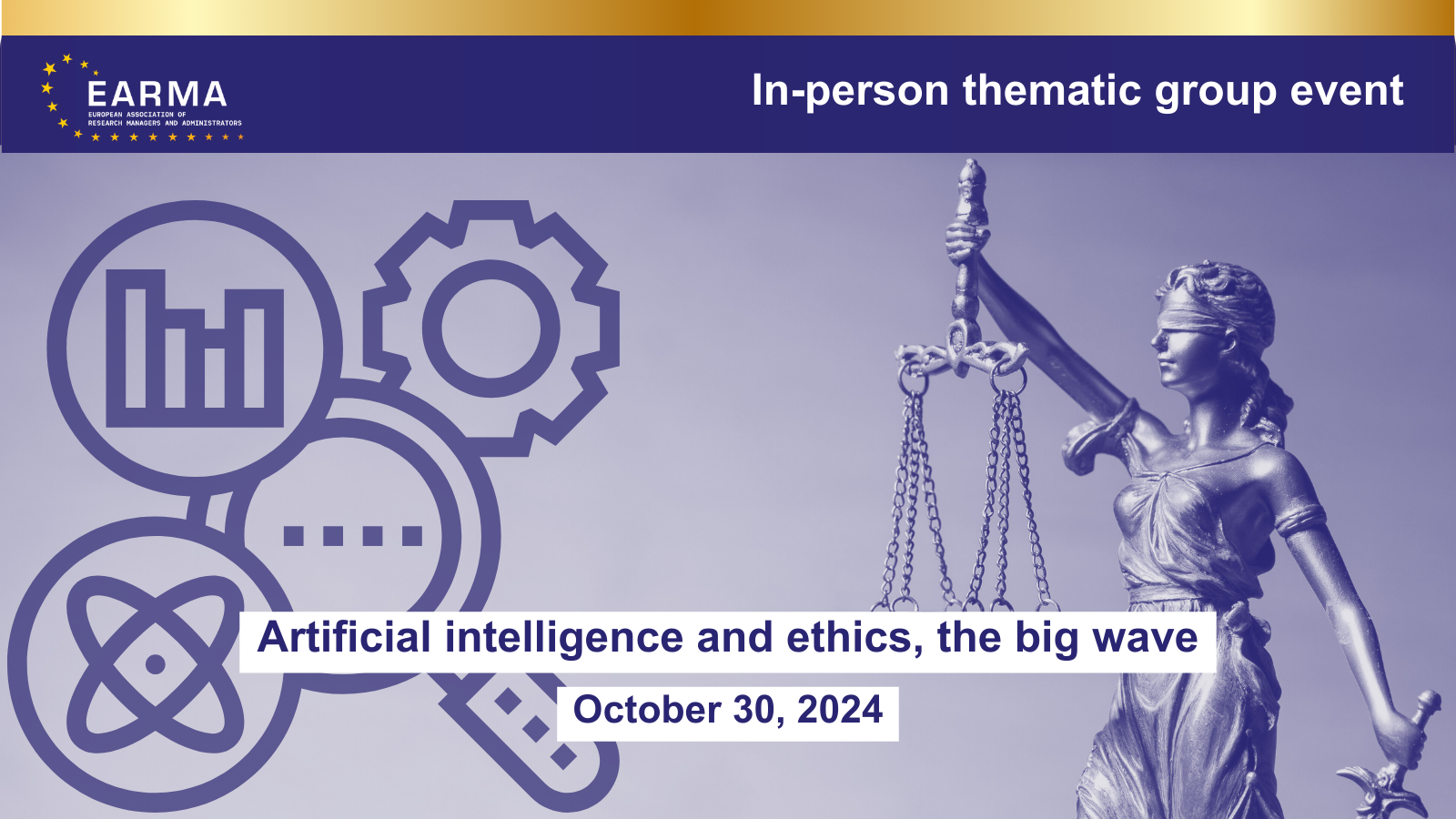Sign up for the waiting list HERE.
Event Date: October 30, 2024
Event time: 09:00 - 17:30 CEST
Event Location: Biomedical Research Park (PRBB), Barcelona, Spain
Event Address: C/Doctor Aiguader, 88 08003 Barcelona
Participation fee: Free of charge
Maximum capacity: 50 participants
Agenda: It can be found here.
About the Event
Artificial Intelligence (AI) is set to revolutionise research in the coming years. The European approach highlights the balance between fostering AI advancements and safeguarding fundamental human rights and societal values. The EU Trustworthy AI Guidelines and the EU AI Act provide a framework for developing AI that is lawful, ethical, and robust. Our community will play a crucial role in implementing this framework and supporting researchers, ensuring research remains groundbreaking, reliable, and ethically sound.
During the morning, we will present and discuss the guidelines on ethics by design for AI with the European Commission, researchers and representatives of the CoARA's ethics and integrity working group. This event is a joint event between ERION and the PRBB Good Practice Group.
In the afternoon, we will hold a closed session for the ERION community, where we will work more practically on the challenges we will face as research managers and share experiences and best practices in this field.
Practical Information
Participation is free of charge. Participants do not have to be EARMA members in order to participate. Registration is open until October 16, or until reaches maximum capacity.
If you register and would like to cancel your participation you may do so until October 14, for free, by contacting us at earma@earma.org. If the participant cancels after the cancellation deadline OR no-show to the event, the participant is at risk of being blocked from registering for and attending future similar opportunities.
Participants are in charge of organising and paying for their own costs of travel and accommodation.
Registration Confirmation
You can view your event registration confirmation in your EARMA profile under the "Account" section. Please note that you must be logged in to view these details.
Accommodation and Direction Information
Information about building location, parking, and hotel recommendations can be found here.
Travel Information
Event participants are kindly invited to consider using sustainable transportation options if possible. The train is a green alternative that provides a pleasant travel experience. Train travel is particularly practical from cities such as those listed below, all offering convenient connections to Barcelona. You can find routes for the mentioned locations, as well as other destinations, and book your tickets here.
- - Madrid: 2 hours 30 minutes
- - Valencia: 3 hours 15 minutes
- - Marseille: 4 hours 30 minutes
- - Lyon: 5 hours
- - Seville: 5 hours 45 minutes
- - Paris: 6 hours 45 minutes
- - Geneva: 8 hours
About the EARMA ERION Thematic Group
ERION is the Ethics and Research Integrity Officer Network within EARMA. It is an open community to discuss the practical and implementation side of Research Ethics and Integrity. The community is for all those that need to ensure compliance, efficiency, functionality, fairness and robustness in the practices and processes in their organisation. Such people may have titles as Ethics/Integrity Officer, Administrator and many others. You should have the role of a practitioner within your organisation. This event is NOT about Research in Ethics and Research Integrity.
The community meets two to four times per year. Topics discussed in past ERION meetings included: Horizon Europe, Open Science, GDPR implementation, training, ethics support in times of COVID-19, research evaluation, and many others. There are around 400 members in the community. More information here.
Speakers
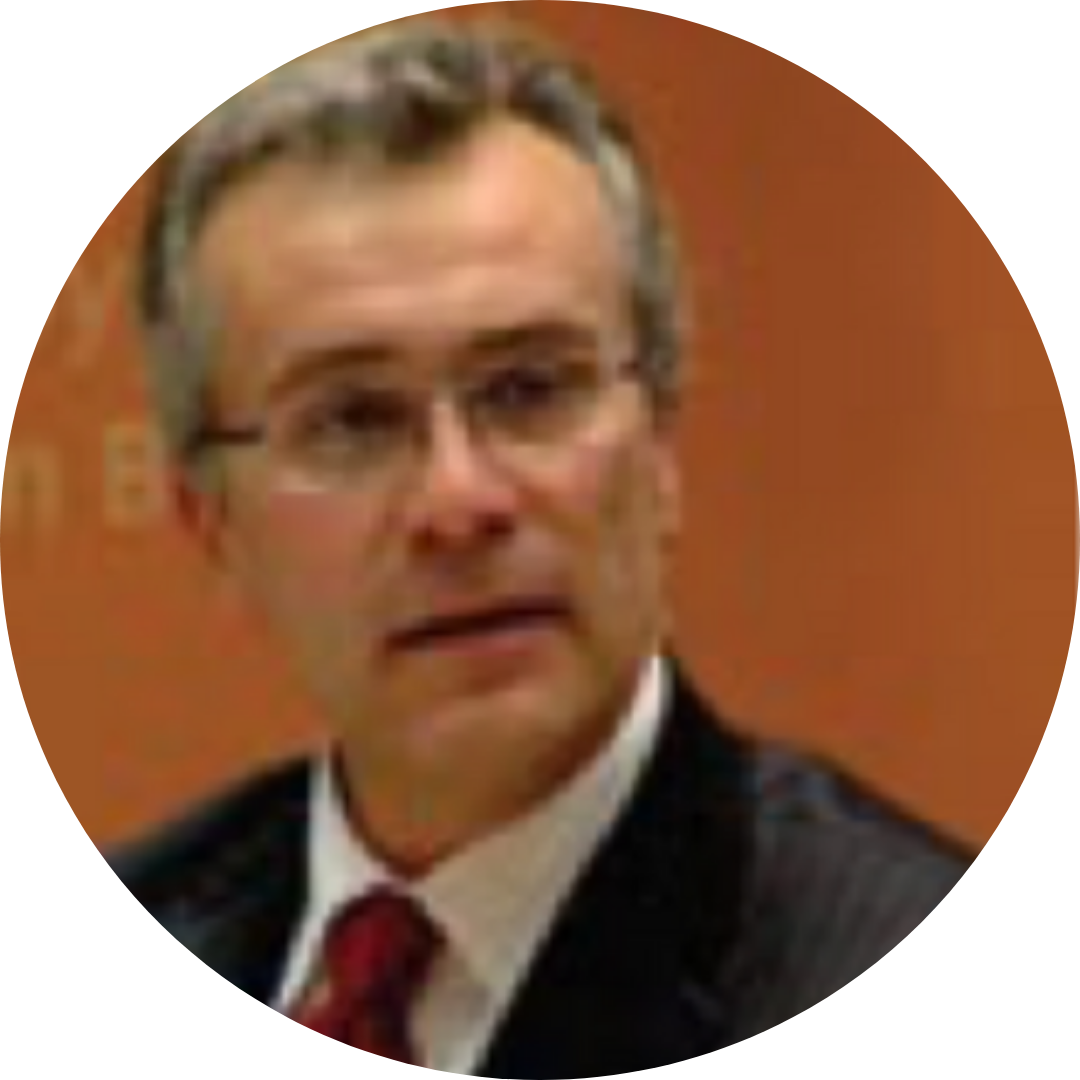
Isidoros Karatzas is the former Head of the Research Ethics and Integrity Sector, European Commission (EC), DG Research & Innovation, in Brussels Belgium. He is responsible for the methodological and operational aspects of the Framework Programmes Ethics Appraisal procedure. In addition, through the Framework programme funding, he is responsible for the policy input of research projects related to research ethics and research integrity in emerging technologies, standard operating procedures to promote research ethics and research integrity and innovative methods for teaching and training in research ethics and integrity.
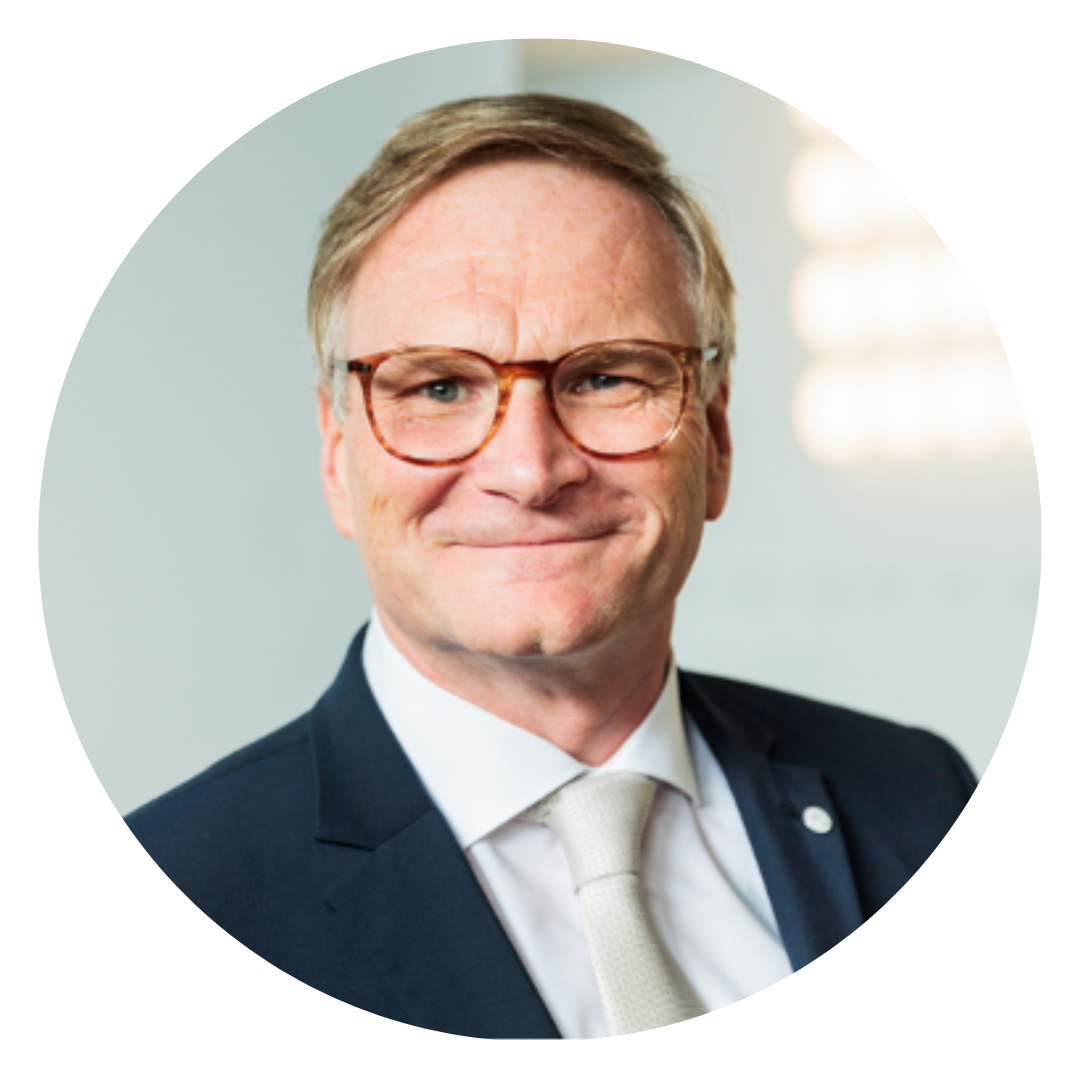
Dirk Lanzerath is Professor of Philosophy at the University of Bonn and Director of the German Reference Centre for Ethics in the Life Sciences, which is a research Centre of the University of Bonn and the North-Rhine-Westphalian Academy of Science and the Arts. Dirk Lanzerath is Study Abroad Professor for Ethics at Loyola Marymount University, Los Angeles, CA (USA). He is Philosopher and Biologist and serves as Secretary General of the European Network of Research Ethics Committees (EUREC); Dirk Lanzerath is Member of several ethics boards and committees: Vice-President of the Central Ethics Committee of the German Medical Association, Chair of the Research Ethics Committee of the Johannes-Rau-Research-Association, Member of the Research Ethics Committee of the North Rhine Medical Association, Member of the Ethics Committee of Maastricht University, Vice-Chair of the Committee for Safety-Related Research at the University of Bonn. Dirk Lanzerath is member Editorial Boards of several Science Journals: Research Ethics Review, Zeitschrift für medizinische Ethik, Sachstandsberichte des DRZE, and others. He is Visiting Professor of Ethics in the Study Abroad Programme at Loyola Marymount University, Los Angeles, Ca. (USA) and Honorary Professor at the University of Applied Sciences Bonn Rhein-Sieg.
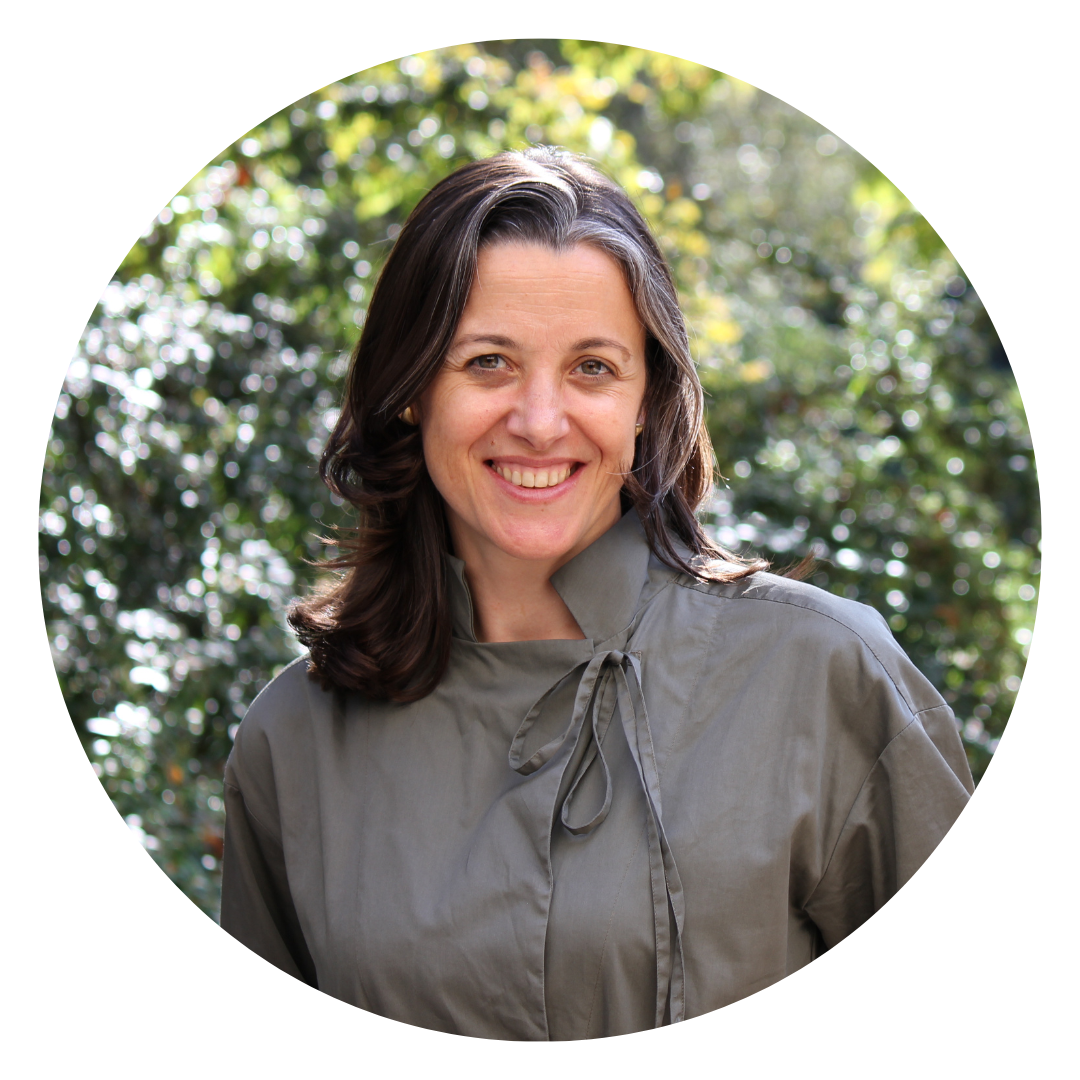
Mara de Sousa Freitas is the director of The Bioethics Institute of Universiade Católica Portuguesa (UCP). Professor of Bioethics at the Católica Medical School, Coordinator of Bioethics for the 1st, 2nd, and 3rd year of the Integrated Masters in Medicine. Member of the Department of Palliative Care at Faculty of Health Sciences and Nursing - UCP. Member of the deans Board of the Portuguese Observatory of Palliative Care. Research member of the Center for Interdisciplinary Research in Health (CIIS-UCP). Member of UCP's Digital Ethics Laboratory, focusing on the ethical challenges posed by the integration of digital technologies into major social domains and their impact on individuals. Chair of the UCP Health Ethics Committee. Co-Chair of CoARA-ERIP. Member of the Network for Education and Research Quality (NERQ). Integrates the Seminar of Young Scientists of the Academy of Sciences of Lisbon.
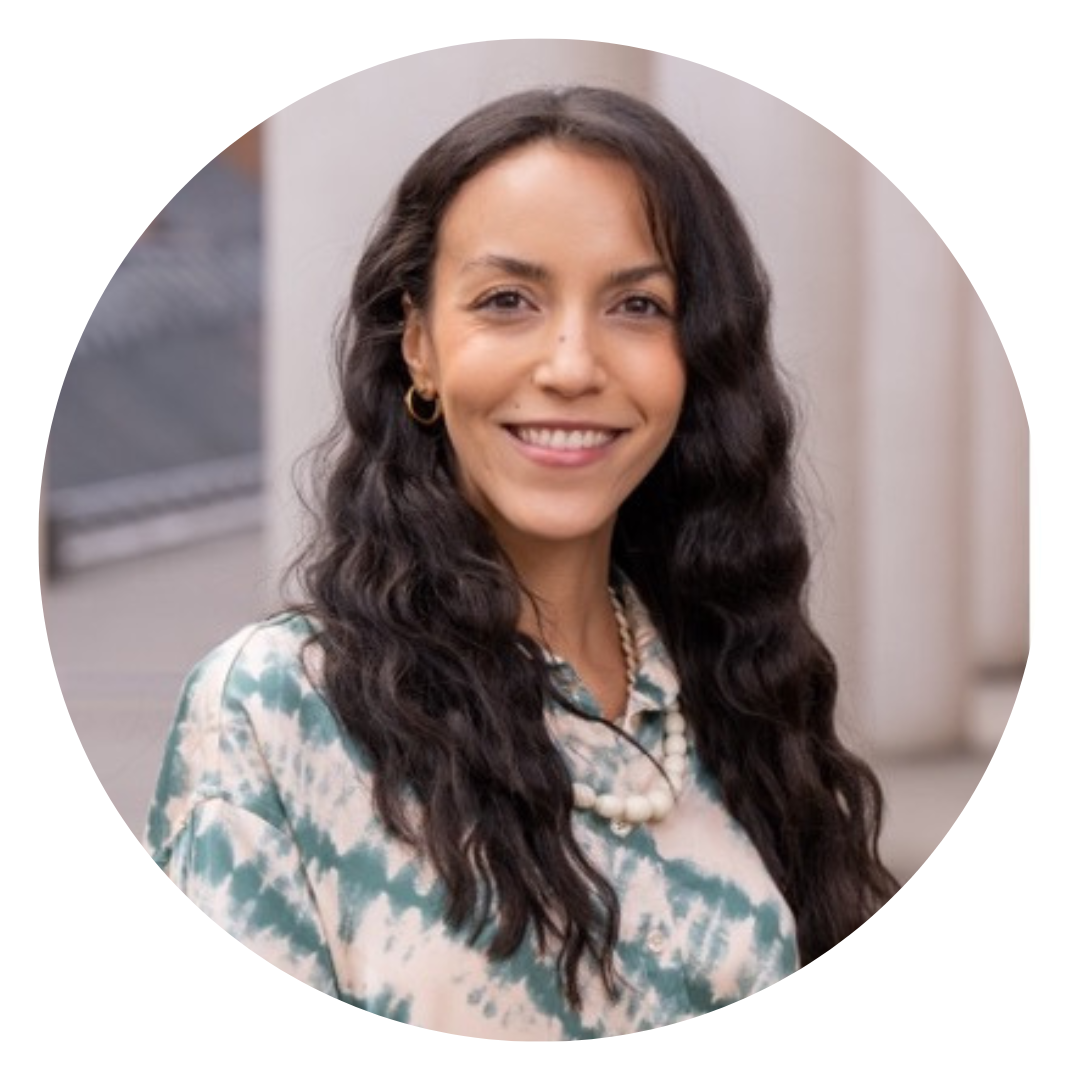
Lisa Häberlein is a research project manager, co-team manager and social media content creator at the European Network of Research Ethics Committees (EUREC). As workpackage leader, she is significantly involved in various EU-funded projects on RRI, RE and RI, including STRATEGIC, VERITY, ROSiE, ETHNA System and Path2Integrity. With a background in Philosophy, Interdisciplinary Ethics and Education and a strong research interest in moral concerns, she is actively involved in the departments of Medical Ethics and Human Rights at FAU Erlangen-Nuremberg, the Council for Research in Values and Philosophy (CRVP), and the Network of Young Ethics Experts of Medical Ethics Committees in Germany (AKEK).
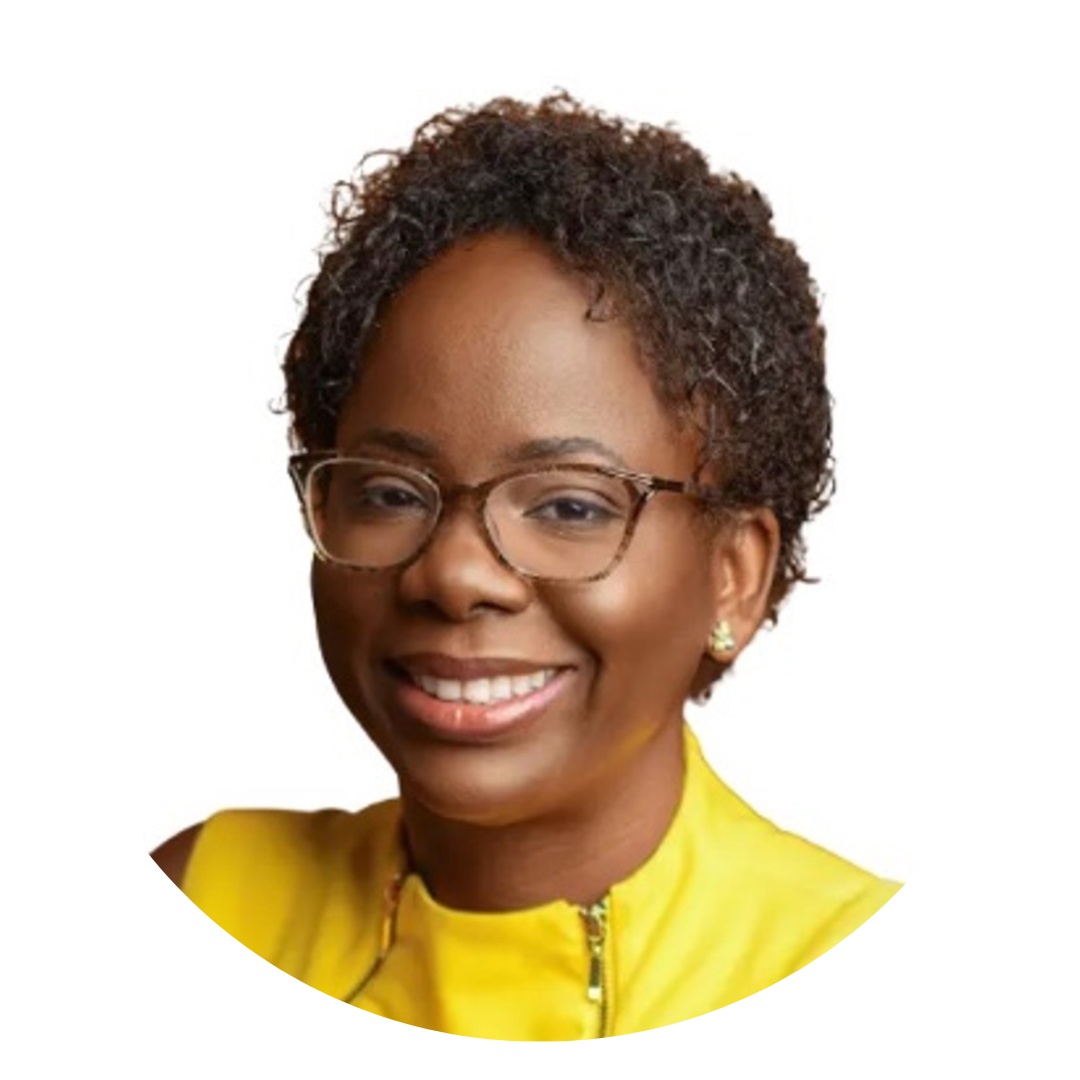
Shereen Cox is pharmacist by degree, with an MA in Health Law and Ethics and a PhD in Research Ethics focused on post-approval role of research ethics committees. Her research interests are technology ethics, research ethics, pharmacy ethics and ethics capacity building. Her post-doctoral research is exploring the ethical implications of Extended Reality (XR) in the EU funded project-XR4Human.
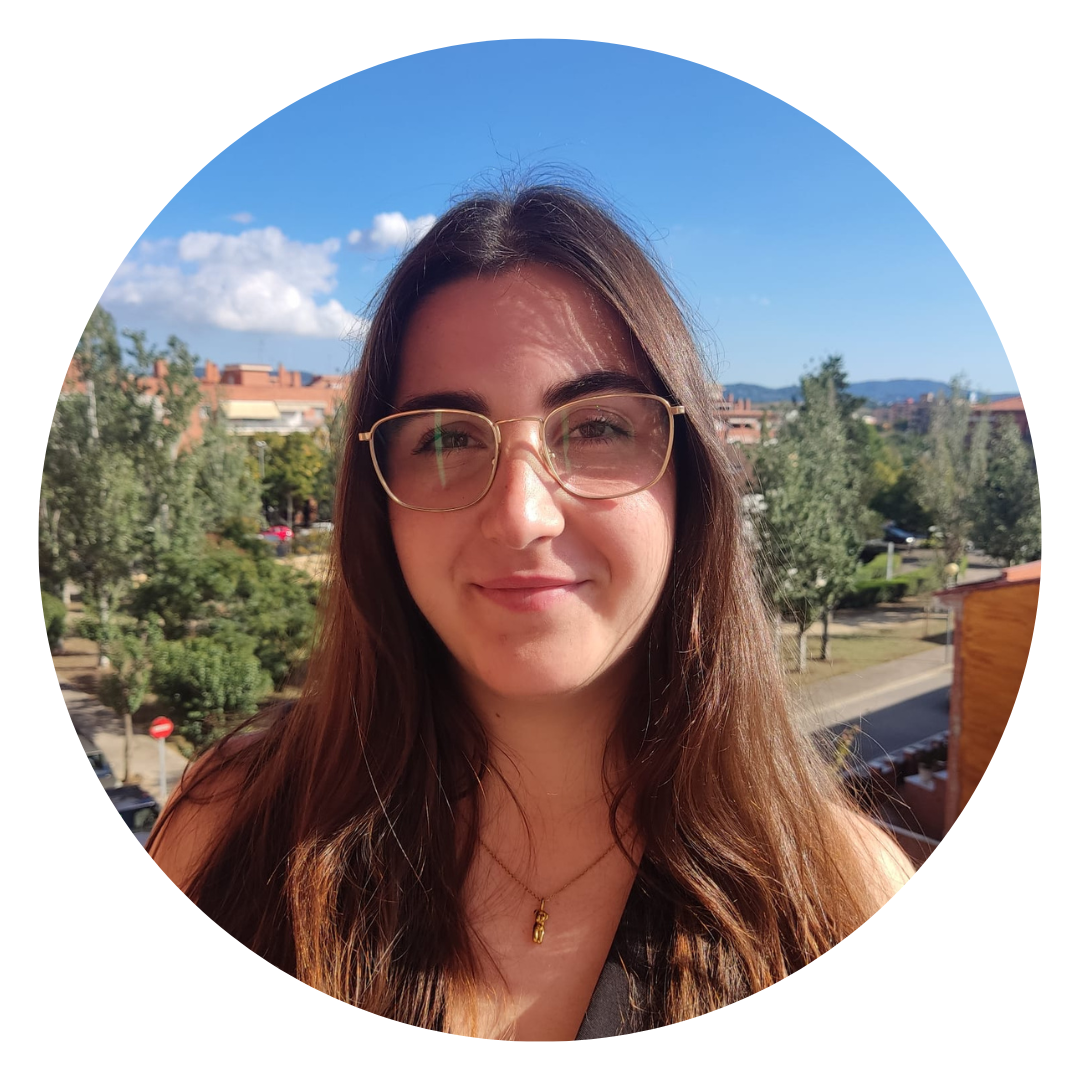
Alexandra Lillo is a legal affairs staff at the artificial intelligence ethics observatory of Catalonia (OEIAC). Graduated in law at the UAB, with a master's degree in diplomacy and international organisations from CEI International Affairs (UB), specialising in human security, and another in legal profession with a specialisation in human rights. She was an intern at the Delegation of Catalonia to the EU and has experience in international cooperation and the promotion of human rights in NGOs such as the Red Cross. She is currently a legal technician at the Observatory of Ethics in AI in Catalonia.
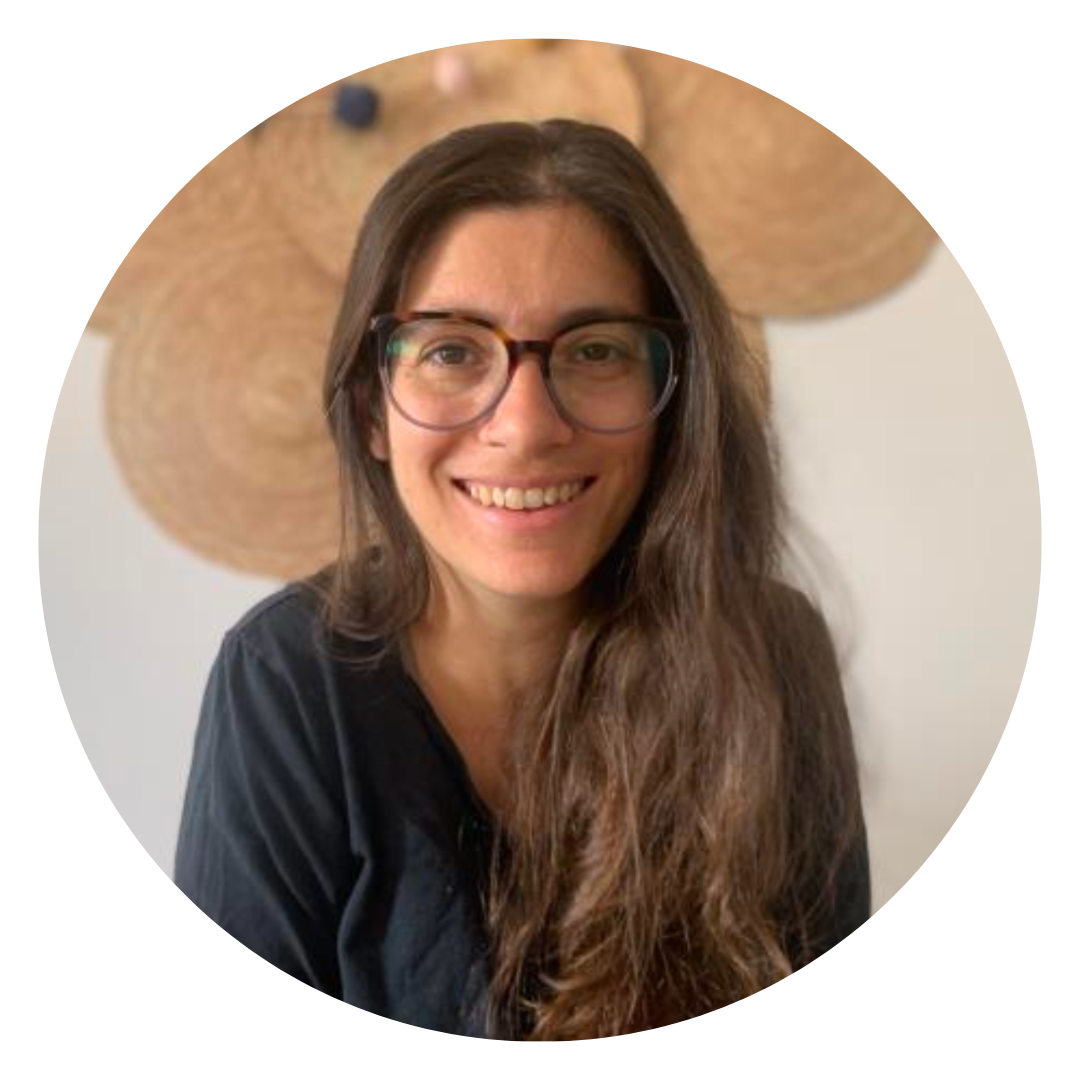
Atia Cortés is a recognised researcher at the Social Link Analytics Unit of the Barcelona Supercomputing Center (BSC-CNS) since 2019. She holds a bachelor degree in computer sciences (2009), a MsC in Artificial Intelligence (2012) and a PhD also in Artificial Intelligence (2018) all from the Universitat Politècnica de Catalunya (UPC). She has been involved in EU and national funded research projects since 2007 mainly applying Artificial Intelligence to assistive technologies and health. During the last years, her research interests include the ethical, legal, socio-economic and cultural aspects of Artificial Intelligence (ELSEC-AI) that she has applied in different H2020, ICT-48 and Horizon Europe funded projects. In particular, she was the co-director of the AI4EU Observatory on Society and AI from 2019 to 2021. Dr Cortés is member of the National Bioethics Committee since 2022. She is also a member of the executive board of the Bioinfo4Women program, an initiative of the Life Science department of BSC to promote the visibility of women in bioinformatics, HPC and AI careers. Within this program she co-leads the research line of sex and gender bias in AI and healthcare, which promotes the inclusion of an intersectional perspective in biomedical research and clinical practice.
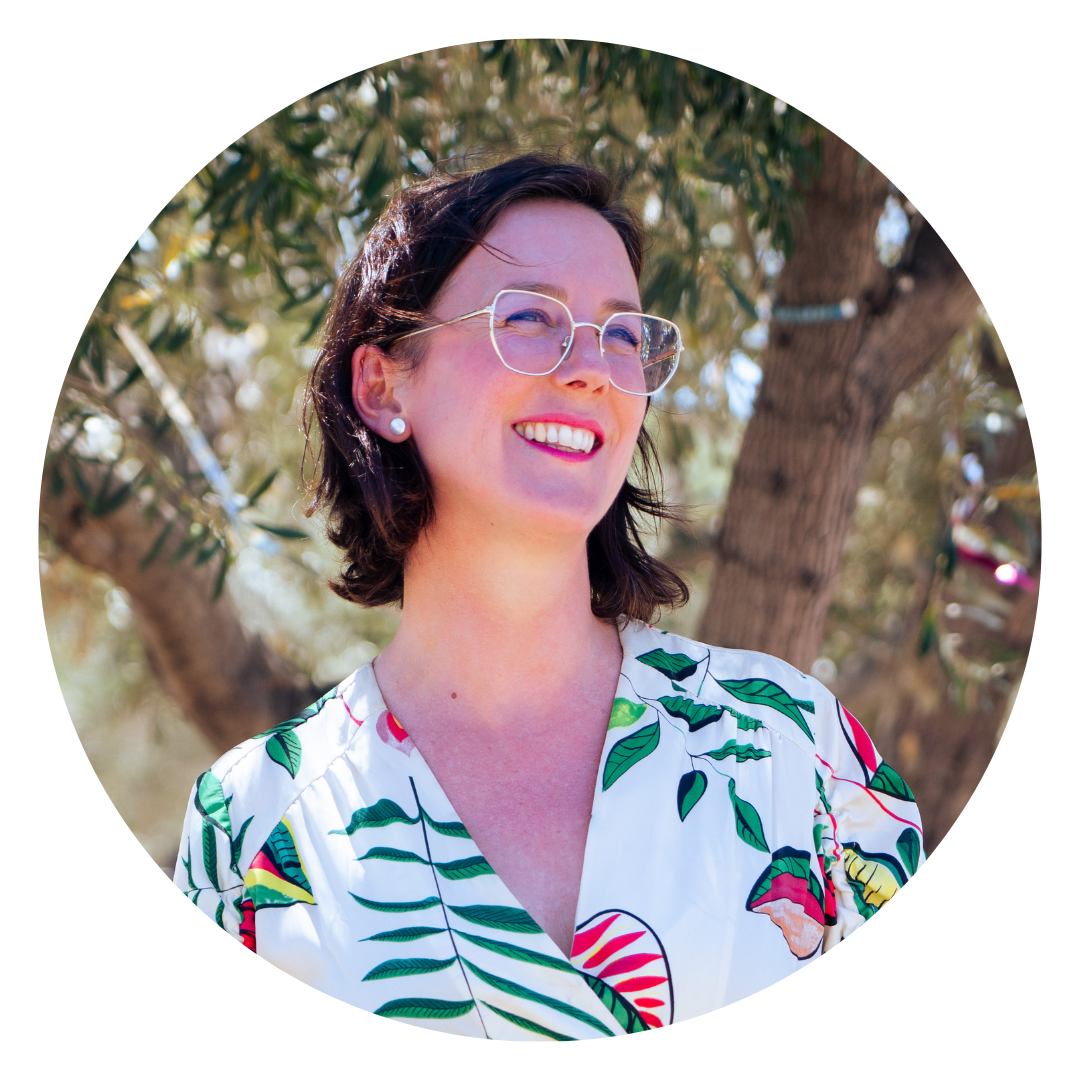
Juliana Chaves-Chaparro is an environmental scientist, STI policies, and gender+ specialist, Juliana is a Senior consultant at the UNESCO Management of Social Transformation' (MOST) Section where she is in charge of the Horizon Europe Open Universal Science (OPUS) project. She holds more than 20 years of international working experience in the promotion of more responsible and ethical science practices and fair scientific cooperation with the Global South, especially the African region. She coordinated, co-edited, and co-authored of the “Co-designing science in Africa” UNESCO publication, among others. She is the founder and President of the NGO Mixtura ambiental mixing Sciences, arts, and IKL for sustainable transitions. She is an advisory board member of the VERITY project for trust in science and the ORRI REINFORCING global Network among others.
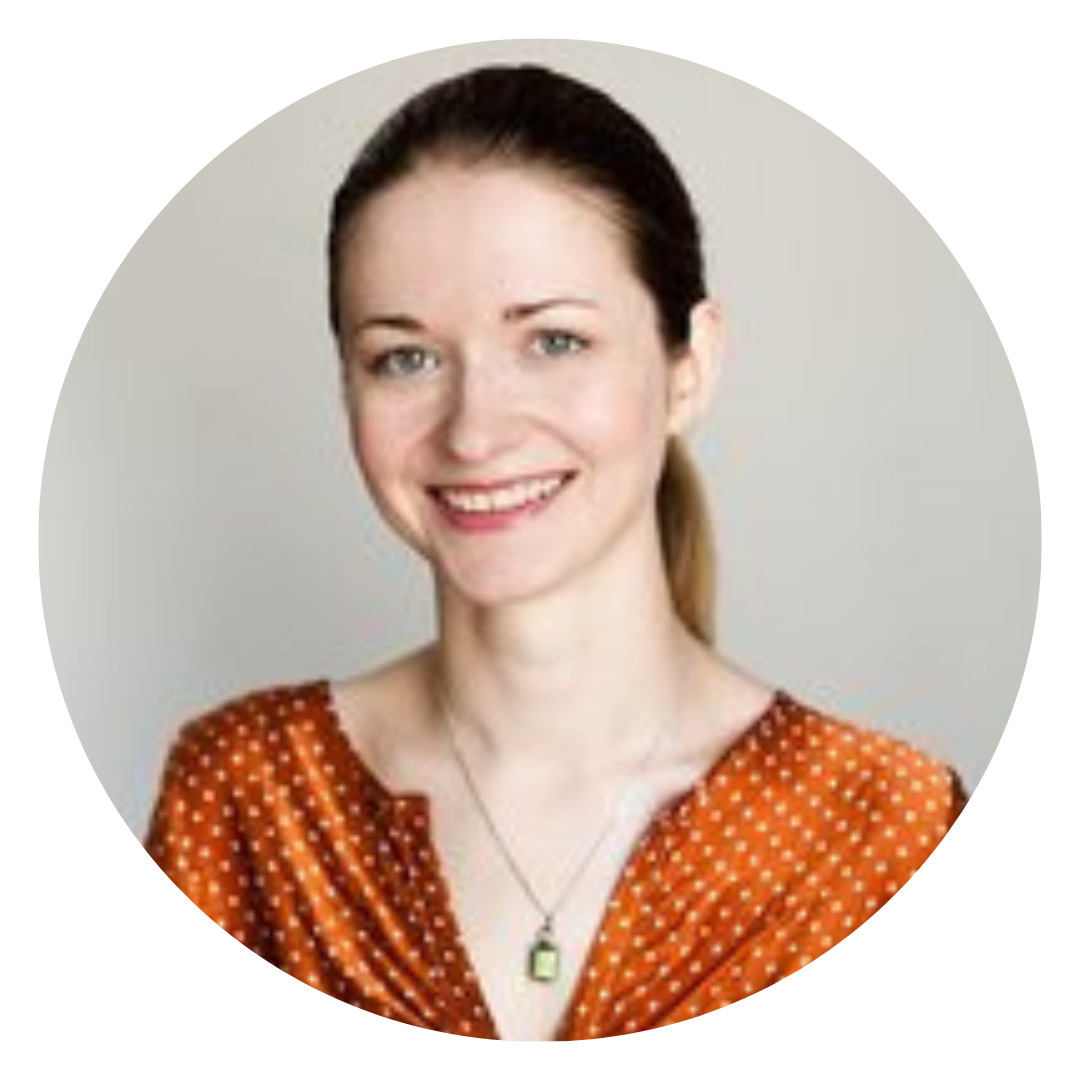
Teodora Konach is a project manager and research analyst at EARMA. She is mostly involved in the EU funded projects, in the fields of research integrity and ethics. Furthermore, she is supporting EARMA’s European Network of Ethics and Research Integrity Officers (ERION). Teodora is also a researcher and trainer at the Austrian Agency for Research Integrity (OeAWI). Since 2019 she cooperates as an external expert and evaluator with the European Commission’s Research Executive Agency (REA), the European Education and Culture Executive Agency (EACEA) and the Council of Europe.
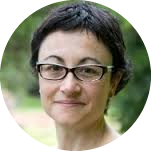
Joana Porcel-Carbonell with a PhD in neuropsychology worked as neuropsychologist and researcher at Multiple Sclerosis Unit, Vall d’Hebron University Hospital of Barcelona (1996-2006). Since 2006, she works in research management for private and public organisations. Since 2016, she has been the head of the Projects Unit at the Barcelona Institute for Global Health (ISGlobal), where she also provides support to researchers on ethics and good scientific practices. In 2018, she was appointed Data Protection Officer of ISGlobal. She's also ethics advisor in European projects and ethics expert at the European Commission for the implementation, evaluation and monitoring of H2020 / Horizon Europe proposals and projects (including ERC, MSCA, HADEA, IHI, EISMEA). She is a representative member at the PRBB Good Scientific Practices Working Group (2013-) and core member of the EARMA Research Ethics and Integrity Officers Network (ERION); from Sep 2022, she is co-chairing the ERION network.
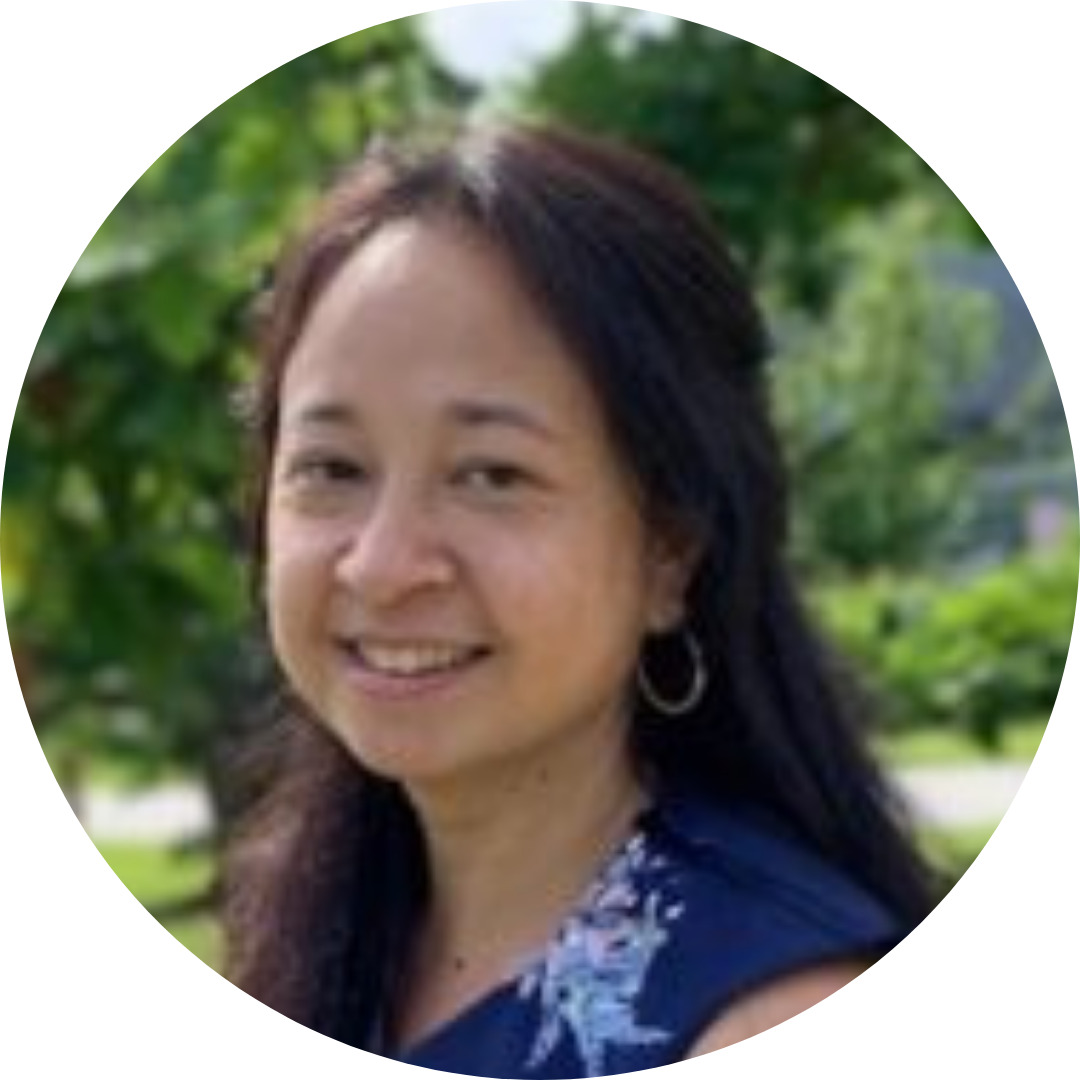
Susan Hommerson works as policy officer for medical device research at the Eindhoven University of Technology. In her role, she supports the organisation and researchers with the set-up of policy, SOPs and quality frameworks for medical/device research thus ensuring compliance. Furthermore, she is involved in the implementation of Research Integrity promotion plan of the Sops4RI project. With these activities, she aims to contribute to patient protection and creating ethical awareness in research, especially in the development of novel technologies such as AI and regenerative medicine.
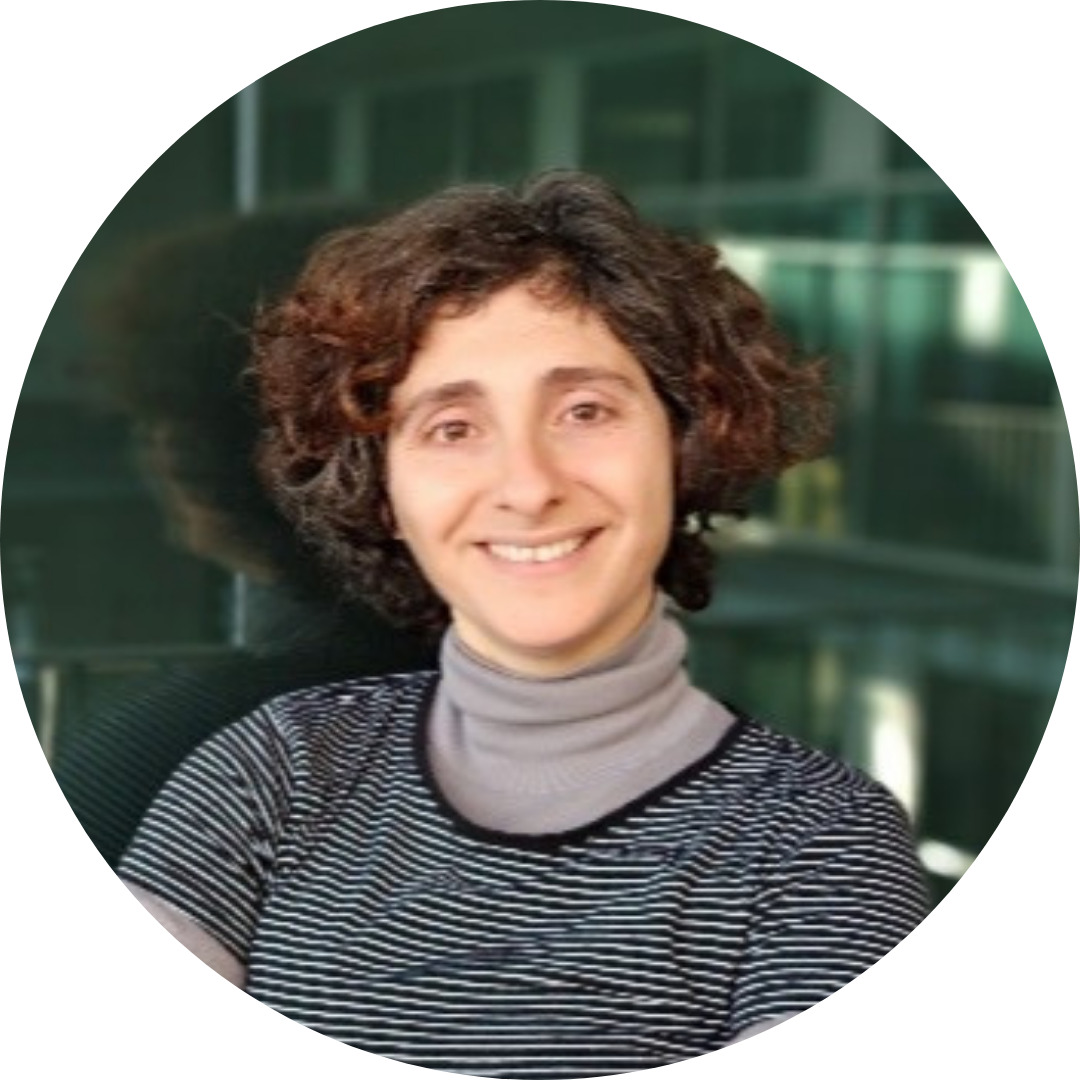
Maruxa Martínez Campos studied biology at Barcelona University and has since moved from doing research in academia (PhD from Cambridge University, UK) to scientific publishing at a private company (Editor at Genome Biology) and back to academia, but this time doing science communication (at the Barcelona Biomedical Research Park, PRBB). She currently combines her work communicating science to the general public, as well as within the scientific community, with her work on research integrity (RI) and Equality, Diversity, and Inclusion in science.nce.e. She is currently coordinating the PRBB "Equality, Diversity and Inclusion" and the "Good Scientific Practice" working groups. She teaches Research Integrity / Bioethics to undergraduates, PhDs, and master students at the Pompeu Fabra University (UPF), where she is an Assistant Professor, and beyond.
Local Organiser
Maruxa Martinez Campos, Barcelona Biomedical Research Park
Joana Porcel Carbonell, Barcelona Institute for Global Health
Any queries?

